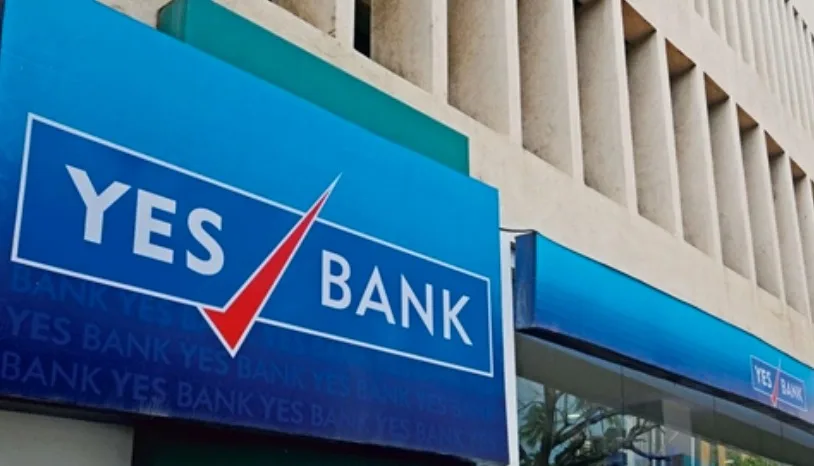Yes Bank (NSE: YESBANK) has remained a notable choice among retail investors over recent months, despite experiencing fluctuations in shareholder numbers and share price volatility. Recent data shows a drop of about 54,000 shareholders in the September quarter, yet the bank still boasts approximately 6.1 crore shareholders, the largest shareholder base in the country. On October 25, Yes Bank’s share closed down 2.60% at ₹19.50, with a total market capitalization of ₹60,781 crore. By October 28, the stock had rebounded by 7.32%, trading at ₹20.8.
Expert Opinions: High-Risk vs. High-Reward Potential
Market experts have mixed opinions on the prospects for Yes Bank. Many believe retail investors are drawn to Yes Bank and other low-priced stocks like Vodafone Idea, Reliance Power, and Suzlon for the potential of quick returns. However, these stocks are often high-risk investments. According to Apurva Seth, an expert at Samco Securities, while many investors see Yes Bank as an opportunity for rapid gains, such investments are speculative and can lead to losses if the company underperforms.
Yes Bank Performance Overview
In assessing Yes Bank’s performance, historical returns provide context:
- 6-Month Return: -24.86%
- 1-Year Return: +21.88%
- 5-Year Return: -62.61%
- YTD (Year-to-Date): -13.91%
- Long-Term Return: +57.64%
Although the stock has seen gains over the past year, long-term investors have faced significant losses, highlighting the volatile nature of investing in Yes Bank.
Investment Perspective
Yes Bank’s recent trends and high-risk profile make it a speculative play, especially suited for risk-tolerant investors. Its large retail investor base suggests continued interest, but potential investors should weigh the risks carefully before making decisions.
Disclaimer: Equity investments are subject to market risks. Consult your financial advisor before making investment decisions.





